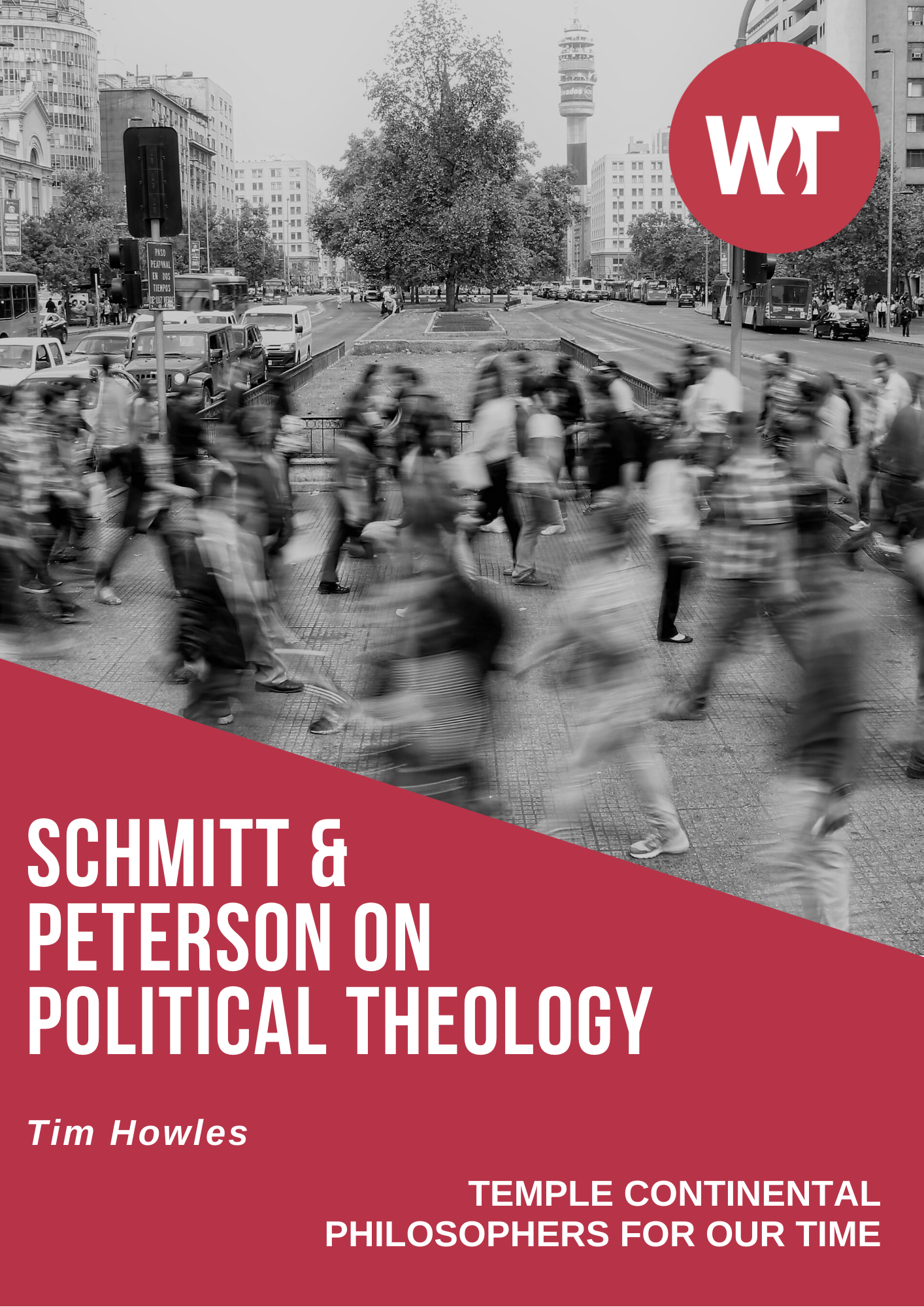The William Temple Foundation is delighted to announce the launch of a new series of Temple Tracts entitled Temple Continental: Philosophers for our Time. This new series aims to meet two connected needs. As the editors write in the introduction to the series:
“First, within academic theology there is a growing interest in a range of Continental thinkers, prompted, not least, by the so-called `theological turn’ that has taken place in various strands of recent philosophy. And yet, these thinkers can seem to be esoteric, voluminous and sometimes even openly hostile towards religion. Philosophers for Our Time, therefore, aims to demystify some of these figures by providing accessible introductions to their work: synthesising their most important ideas, defining their key terms and explaining why their work is relevant to current theology.
Second, our societies and our planet are facing some unprecedented challenges at the present time: from populist politics and technology takeovers to spiritual stagnation and climate catastrophe. And, of course, we all need to address the sort of world that is to follow the coronavirus pandemic, the Me Too movement and the Black Lives Matter campaigns. The philosophers that we consider in this series all have something prescient or profound to say about one or more of these contemporary challenges. As such, each book focusses on an individual thinker and an individual topic in order to offer a focussed account, not just of the philosopher themselves, and what they might mean for theology, but also of what they can contribute to one of the key issues of our generation.”
Today, we are launching the first tract by series editor and Associate Research Fellow, the Rev’d Dr Tim Howles. This tract focusses on a specific twentieth century debate between the political theorist Carl Schmitt and the theologian Erik Peterson in order to illuminate some very current questions in political theology. Future tracts will address contemporary thinkers such as Peter Sloterdijk, Bernard Stiegler and Isabelle Stengers—as well as setting forth new thinking on some of the most urgent topics of our time.

Discuss this